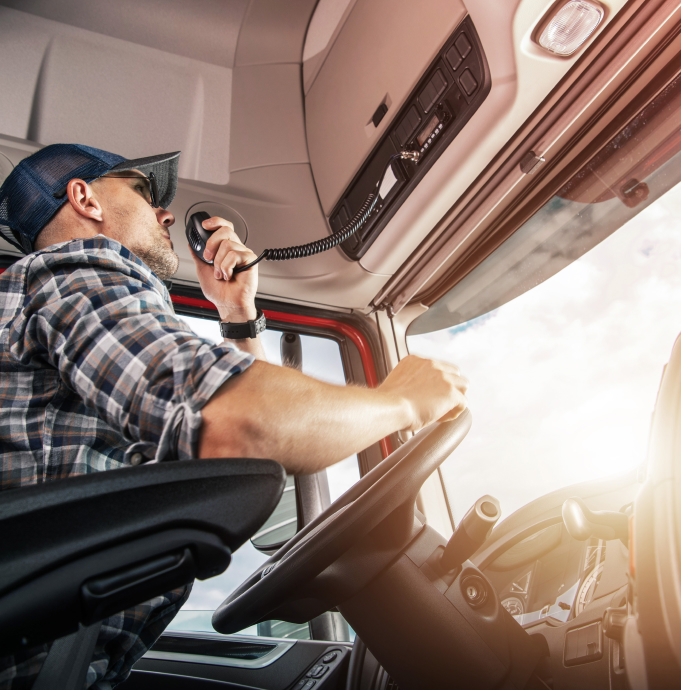
If you’ve been injured in a truck accident in Duluth, finding the right Duluth truck accident lawyer is vital. We understand the complexities of truck accident claims and are committed to fighting for your rights and securing the compensation you deserve.

Do You Have a Case?
If you’ve been involved in a truck accident, there are key elements that need to be present to raise a claim:
- Duty of Care: The truck driver and their employer had a legal duty to ensure the safety of others on the road. This includes following traffic laws, maintaining the vehicle properly, and driving responsibly.
- Breach of Duty: The truck driver or the trucking company failed to meet their duty of care. This could involve actions like speeding, driving while fatigued, or failing to maintain the truck.
- Causation: You must show that the truck driver’s or company’s negligence led to the collision and your resulting injuries.
- Damages: You suffered actual harm as a result of the accident. This includes physical injuries, medical expenses, lost wages, property damage, and emotional distress.
Our experienced Duluth truck accident lawyers can help you gather the necessary evidence linked to the above elements and build a strong case.
Damages You Can Recover
Depending on the circumstances of your case and the losses you suffered, you might be able to claim compensation for the following with the help of a Duluth personal injury lawyer:
- Present and future medical expenses
- Lost wages if you are unable to return to work while you recover
- Future lost income if you can no longer carry out the full extent of your job-related duties because of a temporary or permanent disability.
- Property damage caused by the accident, including vehicle repairs
- Pain and suffering, including physical pain, emotional distress, mental anguish, loss of quality of life, post-traumatic stress disorder (PTSD), and more.
An experienced Duluth truck accident lawyer can help you calculate your financial and non-financial losses and determine the value of your semi-truck accident claim. Having a lawyer on your side when dealing with the insurance company is critical.
Insurance companies will use different tactics to minimize or deny your truck accident claim, but an experienced truck injury attorney will know how to circumvent those tactics and fight for a fair amount.
How to Get in Touch With Us
Contacting us is simple and straightforward. You can reach out through:
- Online: Fill out our contact form.
- Telephone: Call us at 404.205.8792.
We offer a free consultation to discuss your case and provide you with initial legal advice. Don’t hesitate to get in touch — we’re here to help.

















